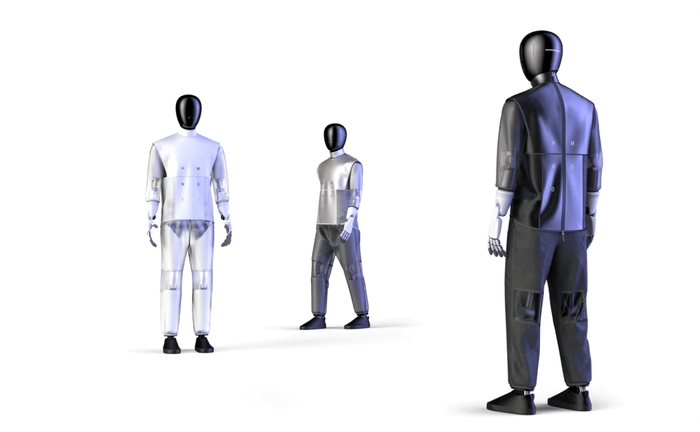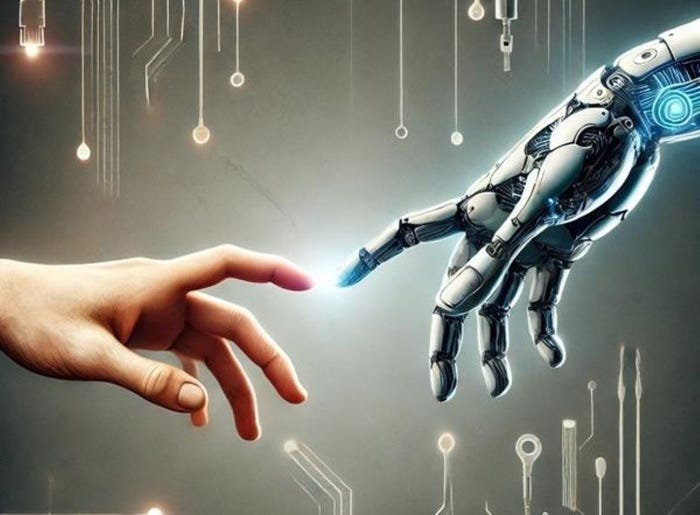Things in IoT You Need to Know This Week: January 22 to 26Things in IoT You Need to Know This Week: January 22 to 26
Tesla’s Autopilot is in the clear after federal investigators found no evidence it contributed to a fatal crash.
January 26, 2017

As is often the case, human error was found to be the root cause of a series of incidents involving drivers who crashed while using Autopilot. In other news, lovers of net neutrality found cause for anxiety as an outspoken critic was appointed to lead the FCC, researchers found another way hackers could go after smartphones, Chicago will soon be equipped with smart city kiosks, and Paris flirts with autonomous shuttles.
Tesla Autopilot Found Not Guilty in Fatal Crash
Tesla’s Autopilot has been cleared of wrongdoing by regulators investigating the fatal May 2016 crash that led to questions about the safety of semiautonomous technologies. The report from the National Highway Traffic Safety Administration (NHTSA) did not identify any flaws in the car’s system, but rather noted that in this crash and others like it, drivers had a tendency to become complacent through over-reliance on the Autopilot system. In the months following the fatal May crash, Tesla has sought to address safety concerns through a series of software updates.
Net Neutrality Faces Uncertainty Under New FCC Leadership
President Trump’s pick to head the Federal Communications Commission (FCC) is causing worries about the future of net-neutrality, the loss of which could spell trouble for the future of IoT. Ajit Pai has been an outspoken critic of net neutrality rules—which prevent Internet service providers from privileging some types of internet traffic over others—and, as head of the FCC would have the power to roll back some of these rules. With the looming possibility for a less free Internet, developers and companies will be forced to find new ways to provide a quality user-experience under new constraints.
Smartphone Voice Assistants Could Make Data Vulnerable
Researchers at Georgetown University and the University of California, Berkeley have identified and figured out how to exploit a vulnerability in the voice-activated assistants many of us carry around in our pockets—that Siri’s (or Alexa, or Cortana, etc.) microphone can hear and decipher a louder range of sounds than the human ear. These researchers found a way to record commands, and obscure them to the point that a voice-activated assistant could hear but the human ear could not. While this sounds cool (and the potential for pranking other users is endless) it also highlights the potential danger to user data if safeguards aren’t put in place.
Chicago Set for Smart City Upgrade in 2017
Chicago will be the latest major city to get an IoT upgrade as part of a smart-city pilot project funded by AT&T, using tech from Massachusetts-based Civiq Smartscapes. Much like New York, Chicago will soon be equipped with five interactive Kiosks that will provide free public Wi-Fi access, information about attractions, transportation. Civiq hopes that in the future, the kiosks can also play a role in supporting city infrastructure and public safety.
Paris Debuts Autonomous Shuttles
Self-driving is all the rage these days, and not just in the US. Paris (yes, the one in France), this month is debuting a pair of fully autonomous shuttles that will offer free rides across a single high-traffic bridge between two of the city’s major train stations. While the shuttles may not look exciting (see: video of tiny, slow-moving shuttle), this three-month trial represents efforts around the globe to test and improve upon existing self-driving systems to make the technology safer and more widely available to consumers.
About the Author
You May Also Like







